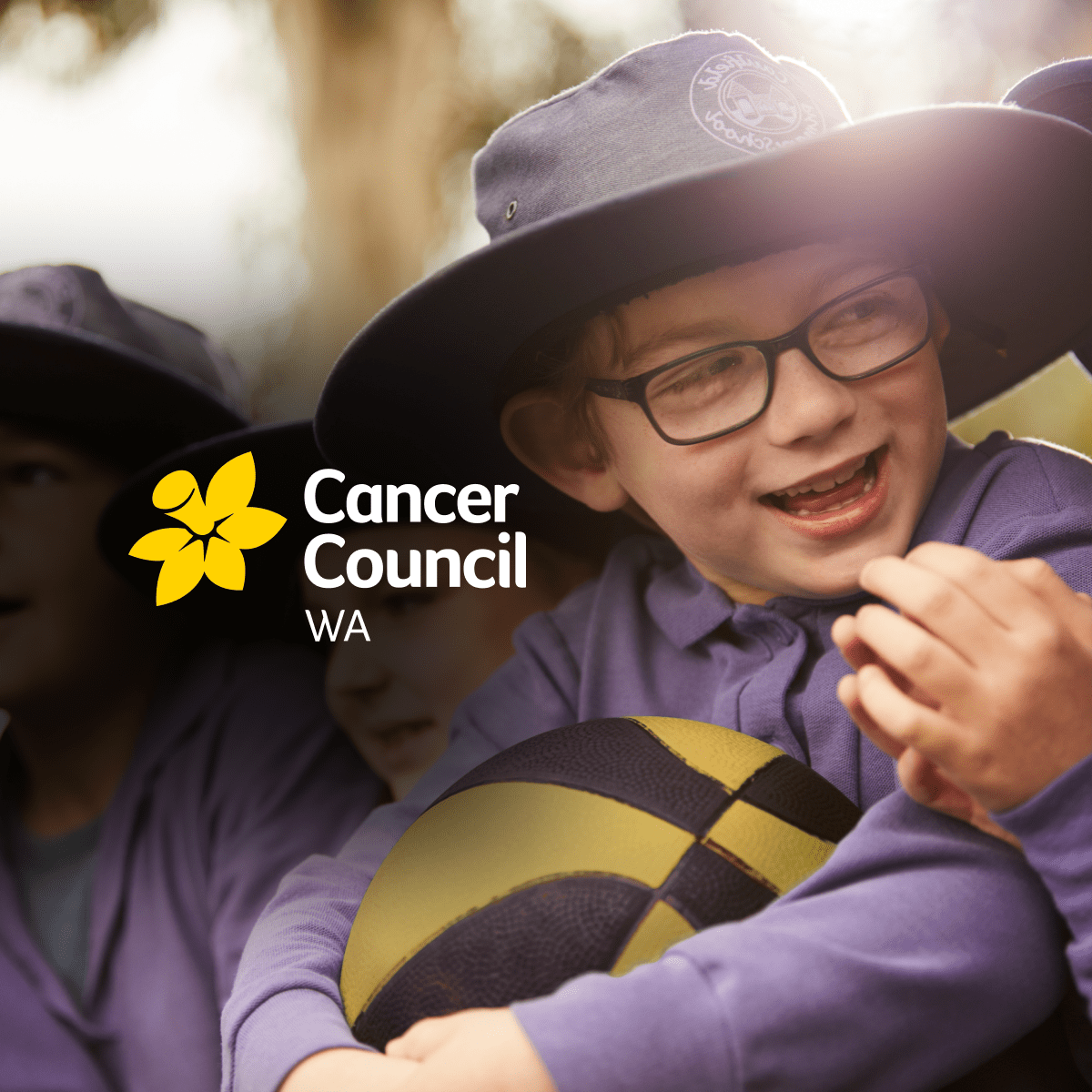Royal Australian College of General Practitioners (RACGP) alcohol and other drug spokesperson Dr Hester Wilson has today reaffirmed the College’s strong commitment to opioid dependence medicine affordability changes.
It comes following several GPs and pharmacists speaking out on their concerns. As of Saturday, all opioid dependence treatment medicines such as methadone and buprenorphine are listed on the Pharmaceutical Benefits Scheme (PBS), a move backed by the RACGP and other health groups.
Dr Wilson called for calm and urged GPs, practice teams and pharmacists to work together and find solutions.
“I know this change has been rapid. It affects many GPs and pharmacists and for some involves changes to business models and operations,” she said.
“Prior to the 1 July changes, we had a system run by pharmacists and GPs doing what they could to increase patient access to treatment. This system was developed in the absence of any other viable model. However, we now have a new system that takes the financial burden off patients by adding these medicines to the PBS. It does mean change, and that can prove stressful. We are all still getting our heads around it all and doing our best, and I note that changes such as this can experience teething problems.
“However, let’s not lose sight of the bigger picture. Adding these medicines to the PBS safety net will save lives, so let’s roll up our sleeves, work together, find solutions and get this done.
“If the opioid dependence treatment programs shut down and patients, particularly in rural and regional areas, are turned away, it will prove disastrous. Many of these people are at high risk of relapse and need these medicines to continue their recovery and stay on the right path. Let’s make sure we are there for them. For far too long opioid dependence treatment has been held back by affordability issues caused in large part I think by an outdated system that has not addressed the inequities and stigma often experienced by people with opioid dependence.
“It’s important to keep this in perspective and remember that we all need to strive for solutions. People experiencing opioid dependence on drugs such as heroin or oxycodone were previously paying between $5 to $10 a day and now, they will be paying from just $7.30 or $30 per month. This mainstreams opioid dependence and significantly improves access to lifesaving medications.
“I had a patient say to me recently: ‘This is fantastic. I can now afford to get my kids school shoes’. That made me smile, it was yet another reminder that this change to the PBS safety net will have such a profound impact for so many people. Every life is worth saving, let’s stay the course and work together.”
A recent report from the National Drug and Alcohol Research Centre found that there were 1,788 drug-induced deaths Australia-wide in 2021, which is the equivalent of five drug-induced deaths every day. Natural and semi-synthetic pharmaceutical opioids including morphine and oxycodone are the primary opioids involved in overdose deaths, followed by heroin.
~








